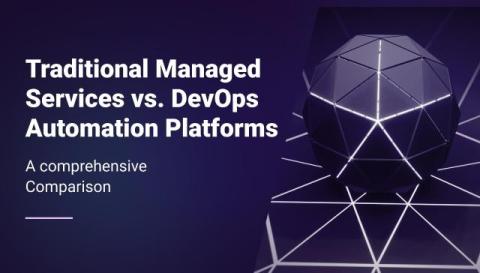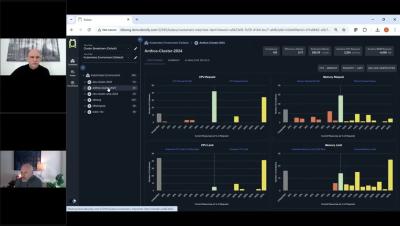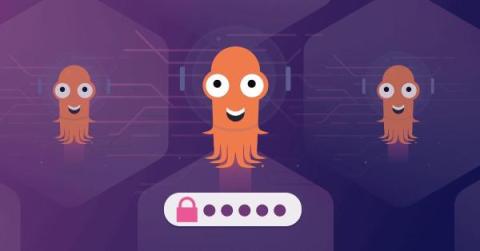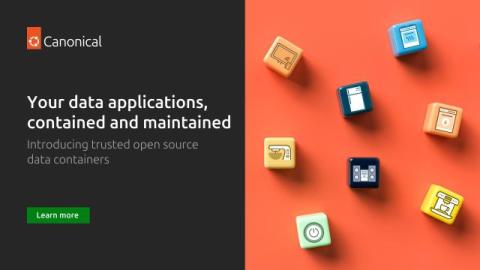Traditional Managed Services vs. DevOps Automation Platforms: A Comprehensive Comparison
Infrastructure management is critical for companies building and scaling applications. Traditional managed services (MSPs) handle these tasks externally but often come with high costs, slow execution, and limited flexibility. For teams needing control, speed, and efficiency, DevOps automation platforms might offer a much better alternative.











